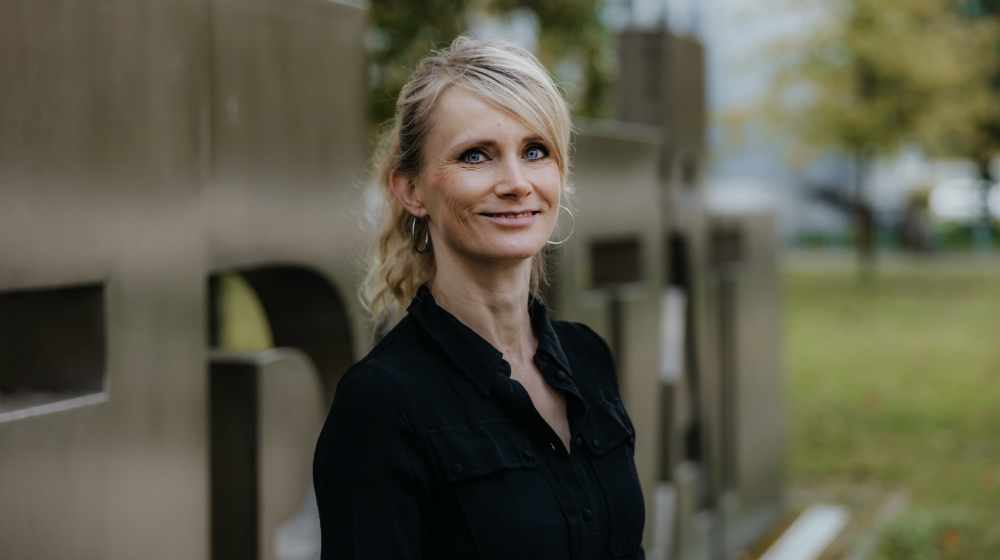
“Our motivation stems from the conviction that we can better serve our students, our employees, our regions and perhaps even our planet if we work more closely together as European universities.” These are the words of Dr. Anne Herbik, coordinator at the University of Magdeburg for the “European University alliance for sustainability: responsible GRowth, inclusive Education and Environment”, or EU GREEN for short. Nine medium-sized universities from Germany, Sweden, Ireland, France, Portugal, Spain, Italy, Poland and Romania have joined forces to work more closely together in research, teaching and administration and to become part of a joint European campus under the label “European University”. The aim is for a new generation of Europeans to work closely together across national and subject area boundaries, despite speaking different languages, and to strengthen the European university location in the long term. The 17 sustainability goals of the United Nations for a fairer society with a sustainable economy in an environment worth living in provide the orientation for this common path.
 Dr. Anne Herbik coordinates the network at the University of Magdeburg (Photo: Hannah Theile / University of Magdeburg)
Dr. Anne Herbik coordinates the network at the University of Magdeburg (Photo: Hannah Theile / University of Magdeburg)
According to Anne Herbik, membership of the EU GREEN Alliance offers numerous advantages. “We can use synergies to strengthen our research profiles and expand our range of courses,” says the coordinator. The alliance also secures access to EU funding. “A major advantage for students will be the ability to study at partner universities in an uncomplicated and unbureaucratic way by coordinating course content and degrees.” University employees will also be able to switch between the universities without any problems and benefit from the training and exchange programs at the member universities, for example, and improve their career opportunities.
14 million euros will be available to the network over four years for the development of these sustainable joint university structures. “This network is intended to create a new campus where the European idea is put into practice,” says the Rector of the University of Magdeburg, Prof. Dr.-Ing. “This network is an enormous challenge for the university and at the same time a great opportunity. At first glance, it is only about designing a common infrastructure, university procedures and processes. But if we succeed in actively using these new structures, then the University of Magdeburg will have enormous development potential and our university members will have incredible opportunities. A European campus will be created and students at the University of Magdeburg will then be students at a European university.”
 Students and employees can easily take advantage of the partner universities' offers - digitally or on site. (Photo: Jana Dünnhaupt / University of Magdeburg)
Students and employees can easily take advantage of the partner universities' offers - digitally or on site. (Photo: Jana Dünnhaupt / University of Magdeburg)
But EU GREEN is also positive for the state capital and the entire region, says Anne Herbik. “A globally networked and internationally positioned university in the center of the state capital is also a benefit for the citizens, the regional economy, science, culture and urban society and attracts specialists, companies and investors, not least due to the attractive range of work, study and research opportunities.”
